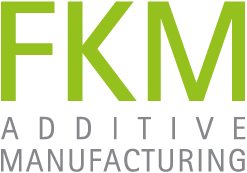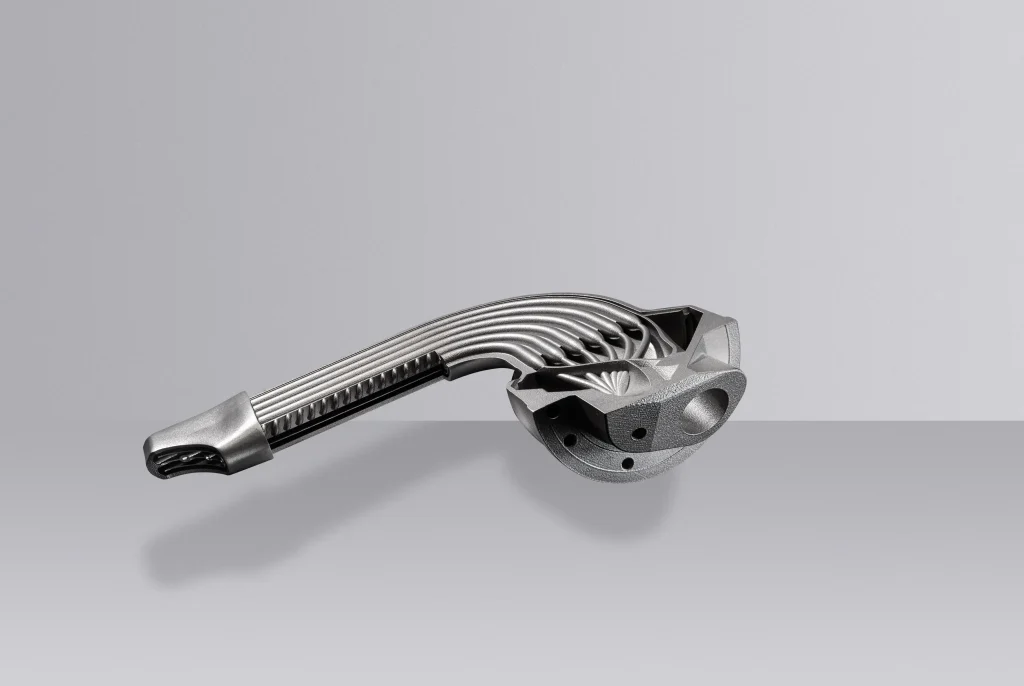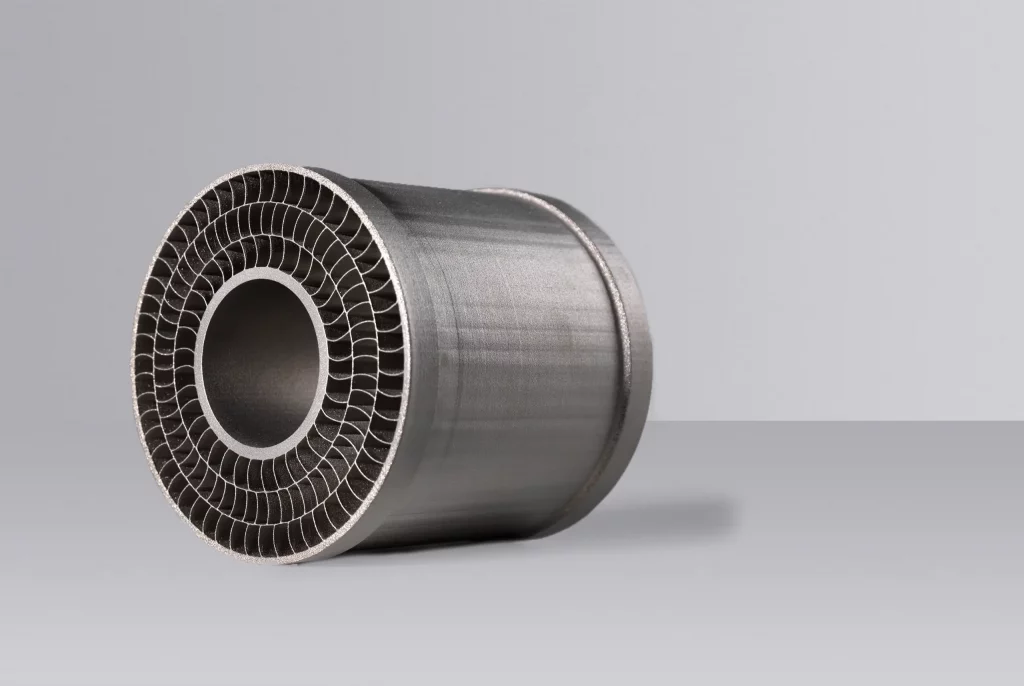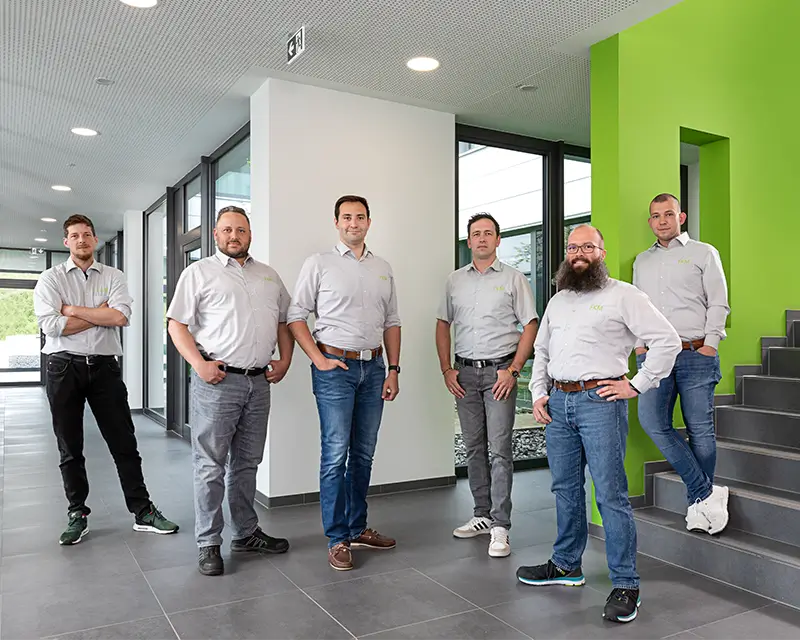3D-Druck Inconel
IN 718
Startseite » Werkstoffe » Werkstoff Metall » Inconel
3D-Druck Inconel: Für Hochtemperatur-Anwendungen
Inconel ist der Überbegriff für verschiedene nickelbasierte Superlegierungen des Herstellers Special Metal Corporation. Neben Nickel enthalten diese Superlegierungen auch Chrom, Magnesium, Eisen und Titan in unterschiedlichen Anteilen. 3D-Druck Inconel ist eine hitzebeständige oder hochwarmfeste Legierung.
Welcher 3D-Druck Inconel Werkstoff ist die beste Wahl?
Aufgrund der sehr guten Produktionsperformance und der erprobten Materialeigenschaften arbeiten wir beim 3D-Druck mit dem am weitesten verbreiteten Inconel-Werkstoff, IN 718. Die Nickel-Chrom-Legierung IN718 besteht aus 50 bis 55 % Nickel, 17 bis 21 % Chrom und zwölf weiteren Metallen mit kleineren Anteilen. 3D-Druck Inconel eignet sich ideal zur additiven Fertigung von Produkten für Hochtemperatur-Anwendungen und andere extreme Anforderungen beispielsweise bei Triebwerksteilen, Turbinen oder Wärmetausch- und Leitungssystemen.
Diese Materialeigenschaften von 3D-Druck Inconel überzeugen
In der additiven Fertigung wird pulverförmiges 3D-Druck Inconel 718 für Bauteile verwendet, die extremen Umgebungsbedingungen und hohen mechanischen Belastungen ausgesetzt sind. Darüber hinaus ist 3D-Druck Inconel 718 immer dann eine gute Wahl, wenn die Werkstücke unempfindlich gegen Korrosion und Oxidation sein müssen.
- Vorteile von 3D-Druck Inconel 718
- Sehr hohe Temperaturbeständigkeit
- Sehr gute Korrosions- und Oxidationsbeständigkeit
- Für kryogene Umgebungen geeignet
- Homogene und dichte Oberflächenstruktur
- Hohe Zug- und Dehnfestigkeit
- Gute Kriech- und Bruchfestigkeit
- Kostengünstiger im 3D-Druck als in spanender Fertigung

Anwendungsfelder von 3D-Druck Inconel 718:
Der pulverförmige Inconel Werkstoff IN 718 eignet sich ideal für den kostengünstigen 3D-Druck von Bauteilen mit filigranen Designs, sehr dünnen Wänden oder innenliegenden Strukturen. Dies Werkstücke werden unter anderem in der Luft- und Raumfahrtindustrie und im Motorsport eingesetzt. 3D-Druck Inconel 718 eignet sich hervorragend als Ersatz für Aluminium und Stahl, wenn unter extremen Umgebungsbedingungen Kriechprobleme zu erwarten sind.
Abgas-Messsonde in Flugzeugturbine
- Die strömungstechnisch optimierte Messsonde mit ihren filigran innenliegenden Kühlkanälen und gewendelten Gasentnahmebohrungen macht die Kerosin-Abgasmessung von ultrafeinen Partikeln im heißen Abgasstrahl einer Flugzeugturbine möglich. Die Abgasmessungen bei höchstem Startschub werden auf Drücke bis 45 bar ausgelegt und bis zu 2.150° C heiß. Der Werkstoff Inconel 718 ist be-sonders hochtemperaturbeständig und erlaubt extrem dünne Wandstärken. Die Fertigung erfolgte mit einem stützkonstruktionsfreien Design.
- Kleinst-Serie |
- Inconel 718 |
- supportfreie Konstruktion – später: kundenseitig spanend bearbeitet und keramisch beschichtet |
- Prüfung der Boxmaße, Prüfen der Freigängigkeit aller Kanäle mit Druckluft |
- Engineering Partner: RSC Engineering |
- Raum- und Luftfahrt: Antriebstechnik |
Rotorsichel mit hoher Temperaturbeständigkeit
- Geeignet für vielfältige Hochtemperaturanwendungen – diese Rotorsichel aus Inconel 718 bewährt sich bei besonders hohen Temperaturen. Ihr entscheidender Vorteil: minimale Wandstärken und verbesserter Leichtbau.
- Prototyp |
- Inconel 718 |
- Prüfung der Boxmaße |
- Raum- und Luftfahrt: Antriebstechnik |

IN718
Nickel-Chrom-Legierung für alle Extreme
Die Superlegierung Inconel 718 wurde ursprünglich speziell für die Herstellung von Düsentriebwerken entwickelt. Dafür musste sie fest, hitze- und korrosionsbeständig, aber auch leicht und kostengünstig sein. Heute ist Inconel 718 die weltweit am häufigsten eingesetzte Superlegierung, weil sie auch in extremen Umgebungsbedingungen dauerhaft problemlos einsetzbar ist. 3D-Druck Inconel 718 ist äußerst wärmebeständig und fest bis zu einer Temperatur 700 °C, weil der Werkstoff eine dicke Schutzschicht aus Chromoxid aufbaut und darüber Korrosion und Oxidation verhindert. Darüber hinaus zeichnet sich 3D-Druck Inconel 718 durch gute Zug- und Dehnfestigkeit sowie gute Bruchdehnungseigenschaften aus und ist auch sehr niedrigen kyrogenen Temperaturen gewachsen.
Maximale Bauraumgröße: 250 mm x 250 mm x 300 mm
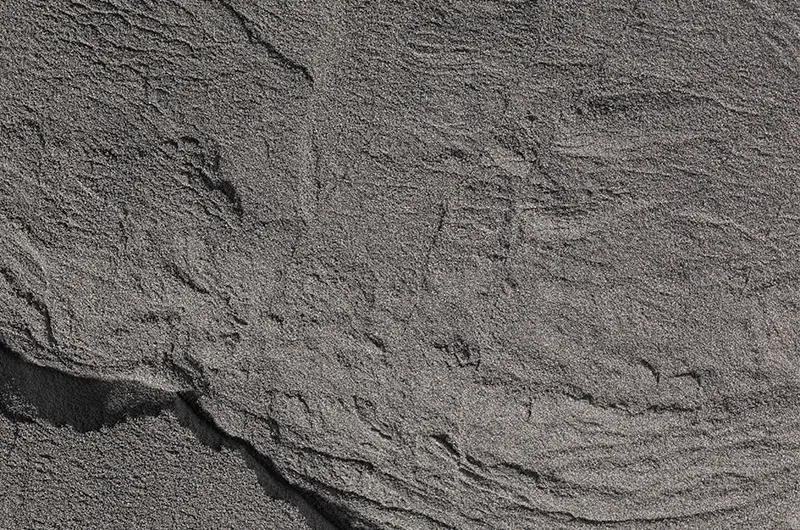
Eigenschaften 3D-Druck Inconel 718
Mechanisch
-
Fließgrenze Rp0,2 1000 - 1100 N/mm²
-
Zugfestigkeit Rm 1250 - 1350 N/mm²
-
Bruchdehnung A 8 – 12 %
-
Elastizitätsmodul ca. 200 N/mm²
Durch diverse Wärmebehandlungen Festigkeits- und Streckgrenzenoptimierung möglich.
Thermisch
-
Wärmeleitfähigkeit ʎ ca. 12 W/mK
-
Wärmeausdehnungskoeffizient ca. 13 • 10-6K-1
